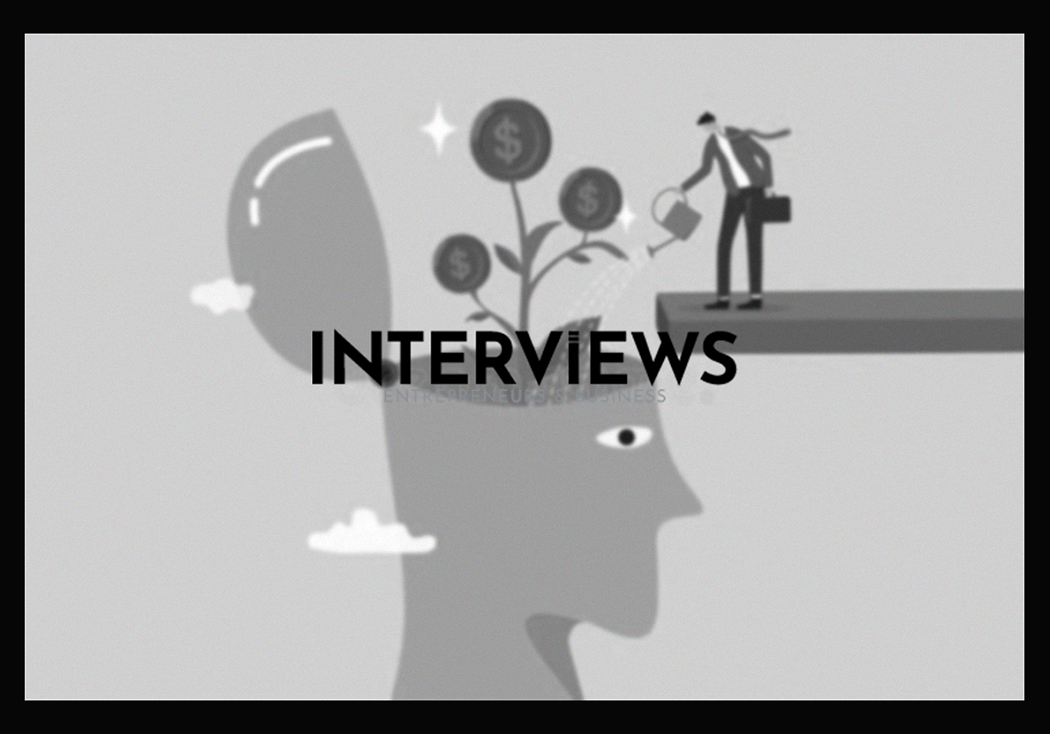Scared Money Don’t Make Money: Is Your Fear Holding You Back?
Have you heard, “scared money don’t make money”? This phrase is popular, especially with millennials and Gen Z. It means if you avoid risks with your money, you miss many chances to grow. Playing it safe seems secure but rarely leads to significant gains in finance. Think about it: hiding cash under your mattress is safe, but it won’t grow cash magically.
This idea applies beyond Wall Street. “Scared money don’t make money” is relevant in daily financial decisions. Whether it’s hesitating during a stock dip or delaying investment in your new idea, fear can stop you from acting. Understand that to achieve financial success, you must step outside your comfort zone. But before diving into the first “get rich quick” scheme, let’s examine this further.
From Rapper Rhymes to Football Fields: The Unexpected Rise of “Scared Money”
This financial mantra comes from the music world. It goes back to 2009, from rapper Young Jeezy’s song “Scared Money.” Who knew hip-hop could share financial wisdom? The phrase rose to fame thanks to Billy Napier, head coach of the Florida Gators. You might wonder what football has to do with finance. Stay with me.
Napier, coaching the Ragin’ Cajuns, used “scared money don’t make money” during a pivotal game moment. Imagine: seconds left in the first half, his team is at the 1-yard line. Instead of kicking a field goal for sure points, Napier went for the touchdown. It was risky, but that go-for-it attitude represents the phrase’s essence. And it worked. It highlighted taking calculated risks for larger rewards. The University of Florida loves this phrase so much they’ve filed to trademark it. From rap to a university trademark – a long journey for a financial philosophy!
Abundance vs. Scarcity: The Mindset Behind the Money
Let’s explore the psychology of “scared money don’t make money.” This saying shows a clash between two mindsets: abundance and scarcity. With a scarcity mindset, you fear losing money constantly. Every decision is driven by fear, leading to overly conservative choices. You hoard your cash, hesitate, and play it very safe. Caution can be good, but too much fear can paralyze you. Holding on to a penny so tightly can cause you to miss dollar bills floating by.
In contrast, an abundance mindset sees opportunities despite risks. It doesn’t mean being reckless; it means being proactive and bold. You must invest to grow and risk to gain. Remember successful entrepreneurs? They didn’t succeed by avoiding risks. They saw chances where others saw danger. They put in the effort and took calculated risks. “Scared money don’t make money” embodies an abundance mindset – being guided by informed optimism instead of fear.
When Fear Takes Over: Understanding Chrometophobia
Taking calculated risks matters, but what occurs when the fear of money goes too far? For some, it becomes a phobia. Believe it or not, the fear of money is called chrometophobia. Seriously. Chrometophobia means an extreme fear of spending money and sometimes of money itself. It’s more than frugality; it’s overwhelming anxiety disrupting daily life.
Imagine panicking at the sight of cash or sweating when it’s bill time. Sounds extreme? But for someone with chrometophobia, this is their life. They dodge money situations, hoard cash excessively, or show physical symptoms like nausea at financial decisions. Luckily, this condition is treatable. Therapy, especially cognitive-behavioral therapy (CBT) and exposure therapy, helps people overcome chrometophobia and mend their relationship with money.
What’s Behind the Fear? Unpacking the Causes of Chrometophobia
So, why does someone develop this intense fear of money? The answer is complex, as chrometophobia may arise from various factors. One common reason is poor financial education. When money feels confusing, anxiety builds. Without understanding basic finance, money appears intimidating.
Another factor is past financial trauma. Experiencing bankruptcy or job loss leaves deep emotional scars. These experiences create links between money and pain, leading to fear of reliving old traumas. Additionally, childhood influences can play a part. Growing up with phrases like “money is the root of all evil” or chronic financial stress shapes subconscious beliefs about money and contributes to later fears. For some, it relates to life changes, especially transitioning from wealth accumulation to spending in retirement – a time called decumulation. Shifting from saving to spending can cause anxiety for those tying identity and security to their assets.
Breaking Free: Strategies to Overcome Fear of Money
Good news! If you struggle with an unhealthy fear of money – mild anxiety or severe chrometophobia – several strategies can help you heal your finances. The first step is awareness. Reflect honestly on your financial fears. Are they rooted in experiences or knowledge gaps? Speaking with a financial therapist can help uncover fear roots.
After identifying fears, take action! Start with budgeting and stick to it. Budgeting creates control instead of restriction. Knowing your spending reduces anxiety and builds empowerment. Building an emergency fund matters too. A financial safety net helps ease worries about unexpected costs. Face debt head-on. Ignoring it worsens fear. Create a repayment plan to systematically tackle it.
Education is vital. The more you learn about personal finance, the less terrifying it becomes. Read books, take online classes, or consult a financial advisor to boost your literacy. Set achievable financial goals long-term and short-term alike. Having targets gives motivation and purpose. Seek professional help if needed—a therapist focusing on financial issues offers guidance and support.
Practice self-care too. Stress management techniques like deep breathing and meditation help manage money-related anxiety. Create healthy boundaries around financial discussions if they trigger panic. Lastly, work on breaking money shame. Many experience shame about their finances, leading to fear and avoidance. Remember that everyone makes mistakes with money and it’s okay to learn and ask for help.
Money Wisdom from the Ages: Related Financial Concepts
The notion “scared money don’t make money” isn’t new. People pondered risk and reward ties in finance for centuries. Reflect on the saying “it takes money to make money.” This saying traces back to Ancient Rome.
Plautus lived from 200s-100s BC. He coined the phrase about investment and growth. This wisdom still holds. However, it can be tricky to decide how much to invest. It varies by goals, resources, and opportunities.
Buffett’s Wisdom: Play it Long, Not Loud
Warren Buffett shares insights from modern finance. Buffett, the Oracle of Omaha, is cautious. He believes in careful risk-taking and patience. His advice for investors? Simple. In his 2013 letter to Berkshire Hathaway shareholders, he suggested a portfolio with “10% of cash in short-term government bonds and 90% in a low-cost S&P 500 index fund.” This strategy is both conservative and growth-oriented. Buffett promotes long-term thinking. He advises ignoring market noise. Be fearful when others are greedy and greedy when others are afraid. This means avoid panic-selling during dips. Ignore hype when others leap in. Stay calm and think long-term.
Buffett’s insights go beyond investing. He supports passive income creation. He famously said, “If you don’t find a way to make money while you sleep, you will work until you die.” The message is clear: build assets that create income passively. This could be through real estate or businesses that run themselves. It’s about making money work for you.
Kiyosaki’s Contrarian Views: Cash Flow is King
Robert Kiyosaki, author of “Rich Dad Poor Dad,” presents a different viewpoint. He dislikes traditional savings methods. Kiyosaki argues that saving cash loses purchasing power. Instead of hoarding cash, he encourages investing in cash flow assets, like real estate or businesses. He views working for paychecks as a poor strategy. Instead of fearing downturns, he sees chances to buy undervalued assets. Kiyosaki emphasizes the need for financial literacy and budgeting based on assets rather than expenses. His approach highlights actively managing finances and finding growth opportunities. His perspective contrasts sharply with Buffett’s cautious style.
Budgeting Basics: The 50/30/20 Rule
If you feel overwhelmed by your finances, budgeting can help. The 50/30/20 rule offers a clear strategy. It splits your after-tax income into three parts: needs, wants, and goals. Needs take 50% of income. These are essentials like housing and food. Wants take 30%. This includes non-essentials like entertainment and hobbies. The last 20% is for savings and debt repayment. This portion can build emergency funds or pay loans. The rule provides a simple method to manage income and ensure you balance your needs with future security. It’s flexible, letting you adjust percentages based on personal situations. It’s a solid starting point for better finance management.
The Spectrum of Spending: From Frugal to… Well, Not So Much
Finally, let’s explore language luxury. Money fears exist, but what do we call those exceedingly careful with their cash? There is a range of terms, some better than others. “Frugal” is positive, indicating wise money use. However, “penny-pincher” suggests excessive caution bordering on stinginess. “Tightwad” and “cheapskate” are harsher terms for someone who avoids spending. “Skinflint” describes people unwilling to spend at all, even when necessary. Lastly, “miser” paints the worst picture: someone who hoards money and resists spending. Financial responsibility is valuable but can cross into less appealing behavior. Striking a balance is key. Be smart with money but avoid letting fear lead your decisions.





